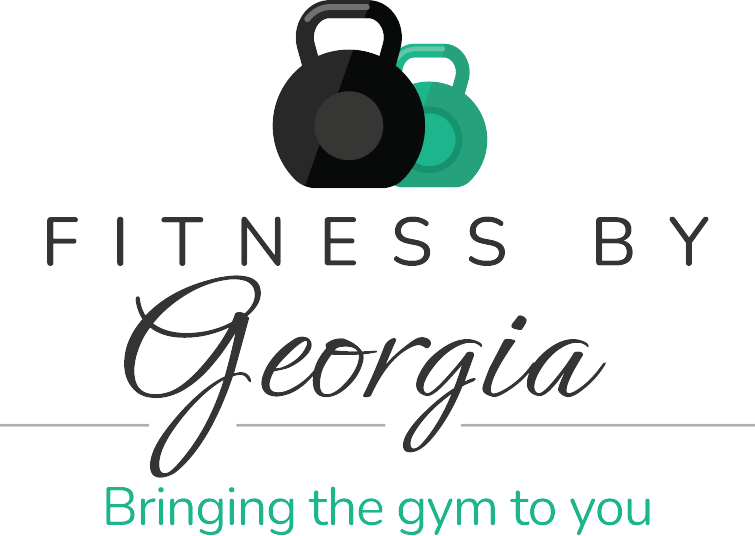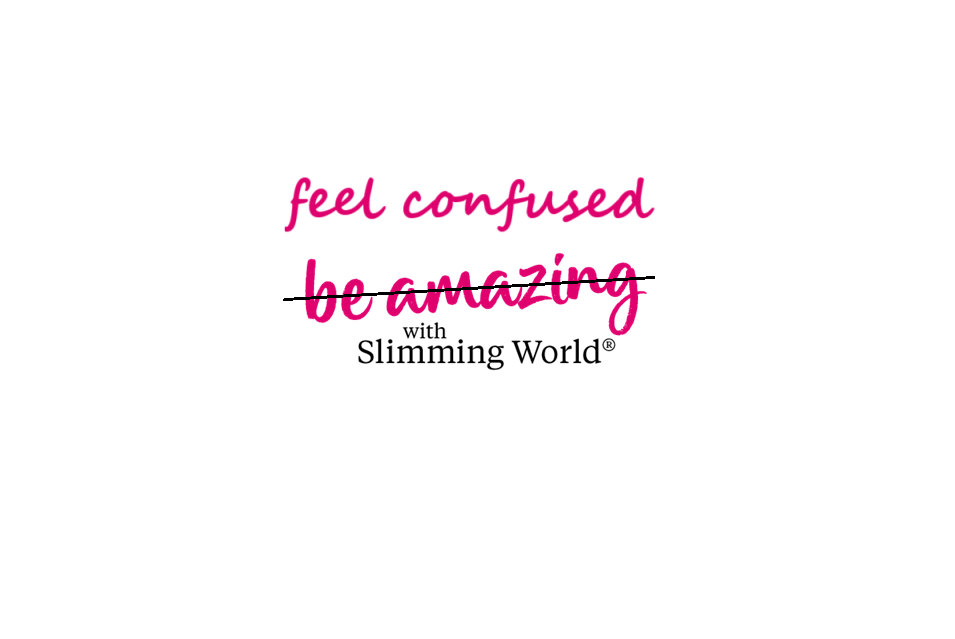It’s frustrating, and upsetting, how often I hear from clients that their GPs have recommended Slimming World or Weight Watchers memberships to help with weight loss. Luckily, my clients are the ones who decided no, they’d like to lose weight their way. I get the offering, to an extent; on the surface, these programmes seem like a structured, supportive way to lose weight. The NHS is trying to help people quickly and easily. But digging deeper, you’ll understand why I have concerns.
The NHS collaborates with such companies in an attempt to tackle obesity, but is it really working? A study published in the Journal of Public Health found that only 36% of people who started Slimming World actually completed the programme, with Weight Watchers slightly higher at 56%. If nearly half of joiners are dropping out, that likely tells you something.
One of my biggest issues with these programmes is how they, ironically, overcomplicate food. Instead of teaching people the facts and laws of thermodynamics – calories in vs. calories out – they create their own confusing systems. Points, syns, free foods… What’s the point? It’s less personalised (and therefore less effective) calorie counting, but dressed up in a way that keeps people dependent on their system rather than educating them. It traps people in the Slimming World or Weight Watchers worlds that only works in their language, meaning when people want to break free from these clubs, that language doesn’t translate to the real world. Meanwhile, calories are a worldwide, scientific unit of energy which can be found on food labels or online wherever you are. There is sometimes a culture of fear around calories, but when we analyse where these fears come from, it’s rooted in companies or people demonising calories in vs calories out… in order to sell you an (expensive) ‘alternative’. Calories do not have to be the enemy they’ve been made to be.
Slimming World has “free” foods which can sound appealing, especially to people who enjoy consuming large amounts of food. But these can still be high in calories when not portion controlled, and people can end up overeating them because they think they don’t ‘count’ (E.g. pasta, rice and tinned beans). They’re also not understanding the macronutrient breakdown of these foods. Meanwhile, the term “syns” demonises certain foods, creating unnecessary guilt around eating.
Weight Watchers isn’t much better. They assign point values to foods (again, the irony is high when calories exist), encouraging people to rely on a tracking app instead of actually learning about real nutritional values. I struggle to understand why we wouldn’t want to promote education on calories, macronutrients, micronutrients and how various foods work for different bodily energy systems.
E.g., my clients are often shocked to find out that beans and legumes are not primarily made up of protein, but that they are carbohydrates first and foremost (they just happen to have a fairly good amount of protein). If they tracked calories on MyFitnessPal for example, that would be clear quickly and a new nutrition fact learned!
Fundamentally, these companies thrive on keeping people in a loop of confusion. The less you understand nutrition, the more you rely on them. It’s a business model – one that keeps people coming back, convinced they can’t manage their weight without paying for weekly meetings, pre-packaged foods, and membership fees. If you’re going to track something, you may as well track calories properly and be enlightened from learning more about what you’re putting in your body.
With WW and SW, around 30-50% of lost weight is regained within a year, perfectly demonstrating there are more factors at play and these former members haven’t learned useful lessons. Weight maintenance is known in the industry as by far and away the hardest part of a weight loss journey.
I’d also like to highlight the public weigh-ins. There’s anxiety, pressure, shame – it’s no surprise that many people end up starving themselves just to make the scales drop before their next session, only to binge straight after. This isn’t a healthy or sustainable way to approach weight loss.
So, what’s the alternative?
If you really want to take control of your health, it starts with understanding the basics:
✅ Calories matter. You don’t need a convoluted system to tell you that. Use the free MyFitnessPal app as a start. (If you want a guide to help you begin looking at your calorie consumption, get in touch and I’ll send you a guide).
✅ No food is “bad” or a “syn” – it’s about balance, not restriction. Restriction and denial isn’t healthy.
✅ Strength training and movement should be a non-negotiable part of your journey, not just cutting back on food. More muscle mass = your body uses more calories at rest.
✅ The goal should be long-term health, not just short-term weight loss.
Slimming World and Weight Watchers might help some people drop a few kilograms in the short term, but lasting results come from education, not reliance on a system that’s designed to keep you hooked. If you’re tired of the cycle, it’s time to take a different approach – one that sets you up for life. Reach out today if you would like my help.

